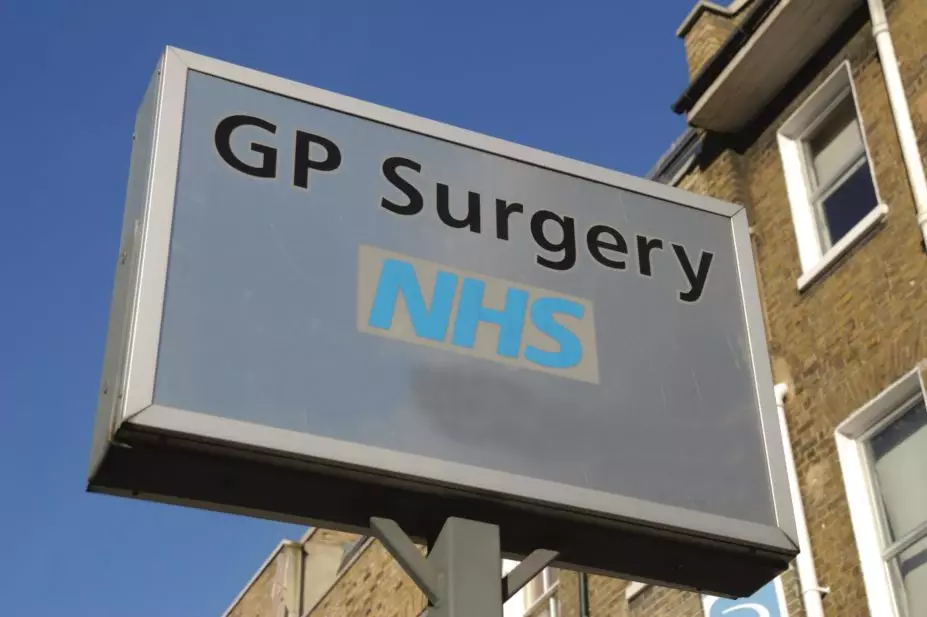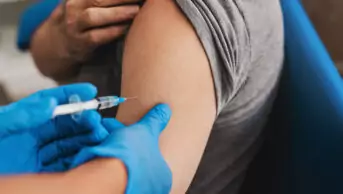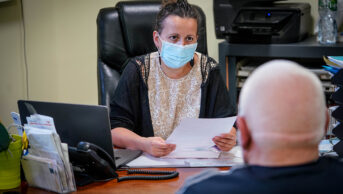
Alamy Stock Photo
An extra 1,500 pharmacists could be working in GP surgeries by 2020, after a funding boost of £112m by NHS England.
The announcement forms part of a plan to invest a further £2.4bn a year in general practice services by 2020–2021, with investment rising from £9.6bn a year in 2015–2016 to £12.0bn a year in 2020–2021. It aims to expand the number of GPs by 5,000 and drive up the numbers of other supporting primary healthcare professionals.
“The creation of… new jobs for pharmacists, in an era of austerity where value must be proven rather than assumed, shows a strong commitment to the profession from the very top of NHS England,” says Sandra Gidley, chair of the Royal Pharmaceutical Society (RPS) English Pharmacy Board.
The plan comes five months after the government announced cuts to the pharmacy contract of £170m, which could lead to the closure of up to 3,000 pharmacies.
‘General Practice Forward View’, published on 21 April 2016, says the success of future general practice will rely on the expansion of the wider non-medical workforce, including nurses, pharmacists and practice managers, to a minimum of 5,000 extra staff by 2020–2021.
Specifically, NHS England wants to expand pharmacists working in GP surgeries to “enable every practice to access a clinical pharmacist across a minimum population on average of 30,000 – leading to an extra 1,500 pharmacists in general practice”.
It notes that “appetite” for a £31m pilot – where 470 pharmacists will work in more than 700 GP practices over the next three years – “was high”.
“We will need to learn more from the evaluation but early indications suggest clinical pharmacists may have a role in streamlining practice prescription processes, medicines optimisation, minor ailments and long term conditions management.”
It adds: “We will roll this out further across the country over the next five years, so that every practice can benefit.”
The plan also says NHS England will open up the clinical pharmacist training programme to practices that have directly funded a clinical pharmacist.
The RPS says pharmacists in GP surgeries will be able to support better working between GPs, hospital pharmacists and community pharmacists, and the transfer of patient care.
“Let me be 100% clear, the RPS believes that when it comes to pharmacists working in GP surgeries and pharmacists working in community pharmacies it is a case of ‘more’, and not ‘either, or’,” says Gidley.
“GPs want to work alongside pharmacists, for pharmacists to be part of the team, alongside nurses, mental health workers and others. I know that many pharmacists, from all sectors, want this too – and now there is an opportunity for many more pharmacists to consider this option alongside more established roles.”
Ian Strachan, chair of the National Pharmacy Association (NPA), says: “Sustained investment in local pharmacies would be a far bigger stride towards opening up access and creating a world class health service.”
He adds: “The community pharmacy network has to remain the core of pharmaceutical care in the community. There is already a highly qualified workforce in local pharmacies right across the country and a well established infrastructure for delivering care in those settings. Community pharmacies are a ready-made solution on the health service front line, close to where people live, work and shop.”
The NPA says investment in services such as a national minor ailments scheme in community pharmacies would help improve access to GPs. Much of the routine management of treatment for people with long-term conditions such as asthma and diabetes should also be transferred to community pharmacies – giving GPs more time to meet complex care needs for these groups, the NPA adds.
The NHS England report also mentions the introduction of the pharmacy integration fund, which was proposed as part of the government’s plans for the community pharmacy sector. It will be worth £20m in 2016–2017 and this will increase by an additional £20m each year to help transform how pharmacists and community pharmacy work as part of NHS, the report says.
The RPS says the integration fund should not be used to directly employ pharmacists in GP surgeries. It would like to see it being used to ensure better access to pharmacists’ expertise across all care settings.
The Royal College of General Practitioners describes the GP plan as “perhaps the most significant piece of news for our profession since the 1960s – and a clear recognition of the value of general practice for patients and the NHS”.


